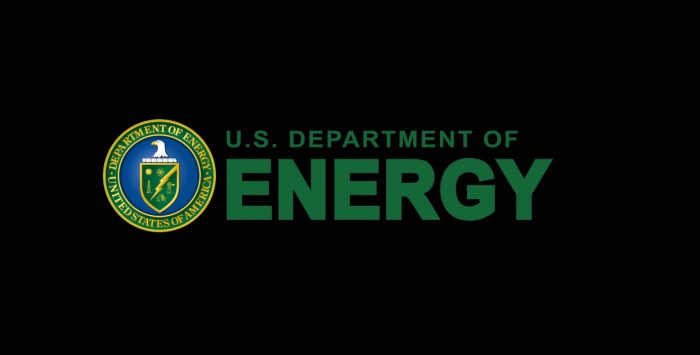
The U.S. Department of Energy’s Office of Electricity (OE) has announced approximately $1.2 million in funding for four organizations as part of its Energy Storage for Social Equity (ES4SE) initiative. ES4SE is designed to empower disadvantaged communities to consider energy storage technologies as a viable path toward achieving their energy goals.
“These organizations are fully engaged with ES4SE to find energy storage solutions in their communities,” said Gene Rodrigues, Assistant Secretary for Electricity. “OE is proud of our ES4SE partners, because we believe their participation will result in improved resilience, energy affordability, and prosperity where they live.”
The following are the recipients of this initial round of Project Development and Deployment Assistance (PDDA) cost-share funding:
- Native Renewables Inc. has a long history of partnering with households in the Navajo Nation and the Hopi Tribe to install off-grid residential photovoltaic plus battery energy storage system (PV+BESS) for homes without access to the electric grid. Native Renewables will work with households for selection to install PV+BESS that will include remote monitoring of the battery systems.
- Hoʻāhu Energy Cooperative Moloka’i (HECM) is deploying residential islanded solar and battery storage nano-grids to 15 households in the Moloka’i community. ES4SE will support a BESS, inverter and controls, remote monitoring equipment, and look at ways to partner with HECM’s workforce development program.
- Coast Electric Power Association (CEPA) is working with the Hancock County Utility Authority (HCUA) to install a BESS for one of two wastewater treatment plants. The BESS will support small solar farms for three of HCUA’s wastewater treatment plants and connect to a voltage distribution loop serviced by CEPA for one day of resilience.
- Ayika Solutions Inc. and Capital to Coast Collaborative partners will deploy a BESS for the Harambee House Resiliency Hub in Savannah, Georgia, in conjunction with Creative Solar, which will supply and install the solar PV array for the project. In a power outage or other emergency event, the Harambee House is projected to serve 25 to 35 local residents by providing heating, air conditioning, refrigeration, lighting, Wi-Fi and phone charging.
OE supported two of DOE’s national laboratories — Pacific Northwest National Laboratory (PNNL) and Sandia National Laboratories (Sandia) — to develop Energy Storage for Social Equity program.
The first phase of the program — Technical Assistance (TA) —launched in March 2022 with $2 million in funding. OE selected 14 communities to participate in a comprehensive and personalized TA program, led by PNNL. An initial four communities have been selected for the PDDA phase, led by Sandia. This phase includes project cost-share assistance. Sandia will also provide technical support, including requests for proposal development, system installation and commissioning guidance, system safety reviews, and local first responder safety training for participants throughout the PDDA.
Additional selections for PDDA cost-share from the remaining 10 communities may be made during the fourth quarter of fiscal year 2023.
— Solar Builder magazine
Leave a Reply
You must be logged in to post a comment.